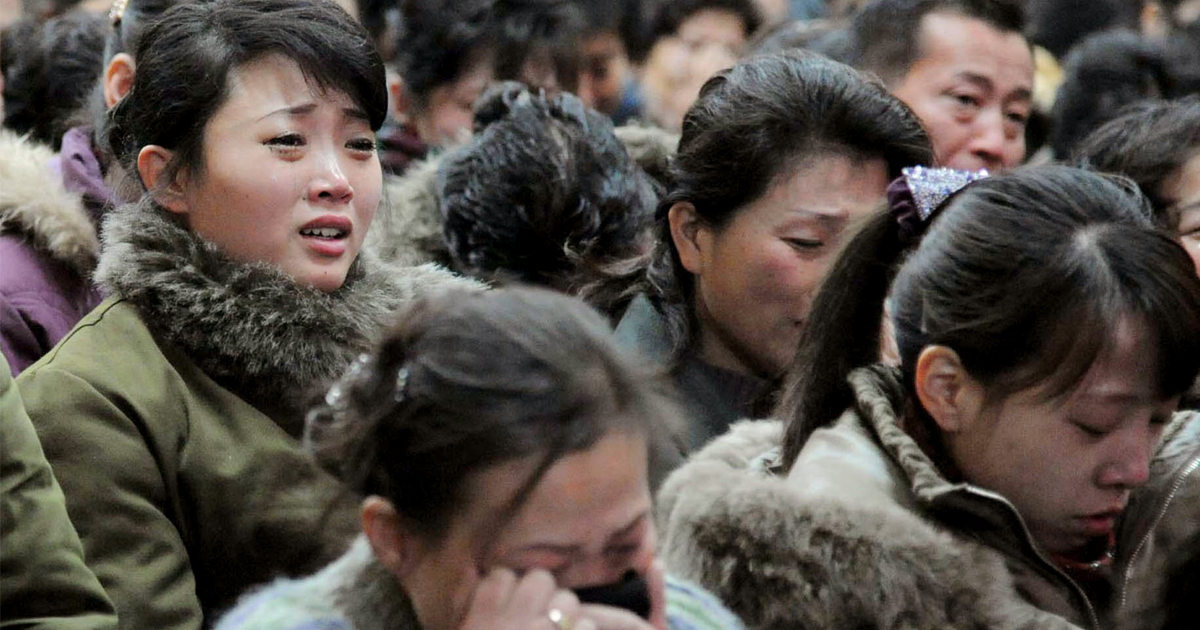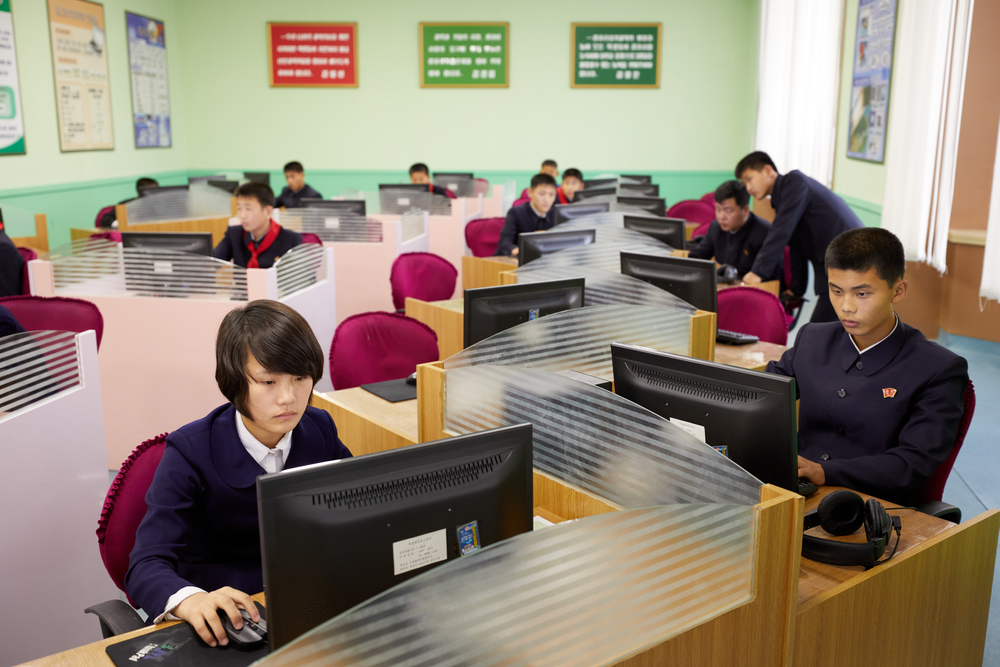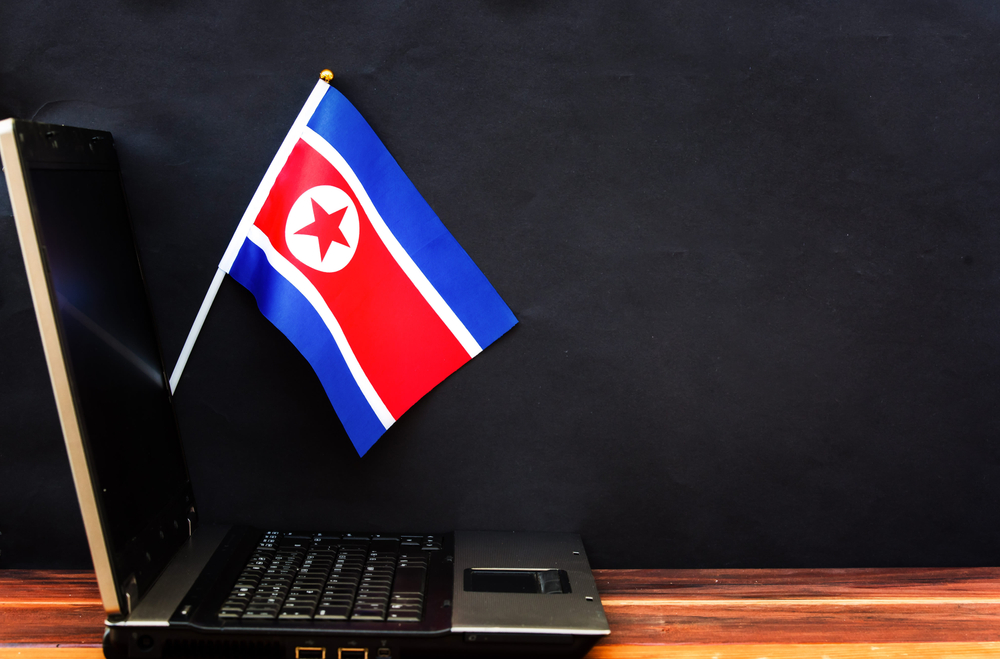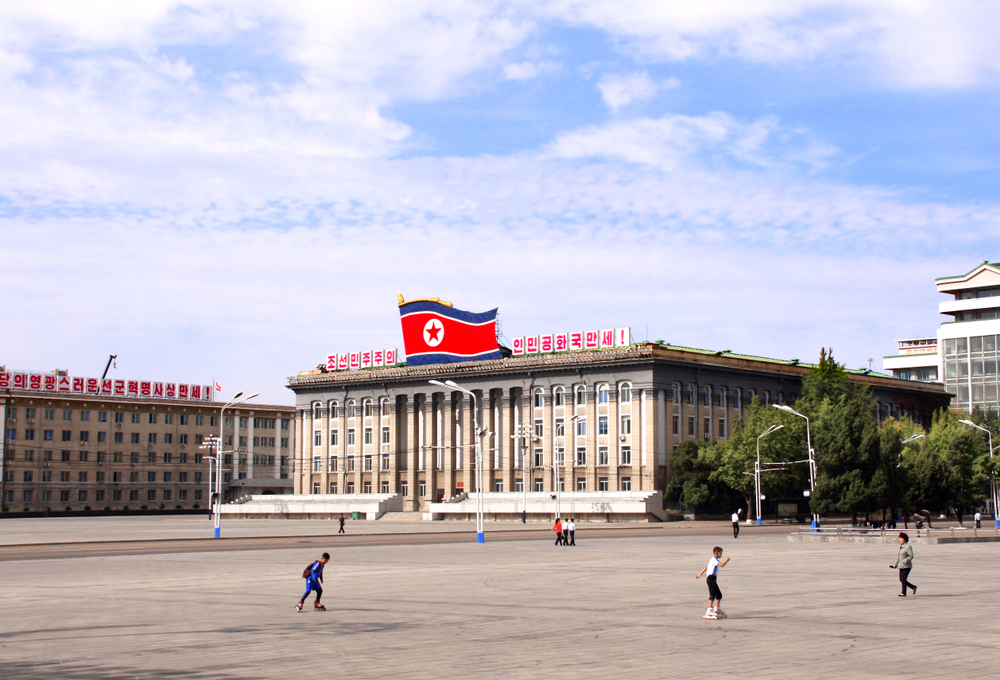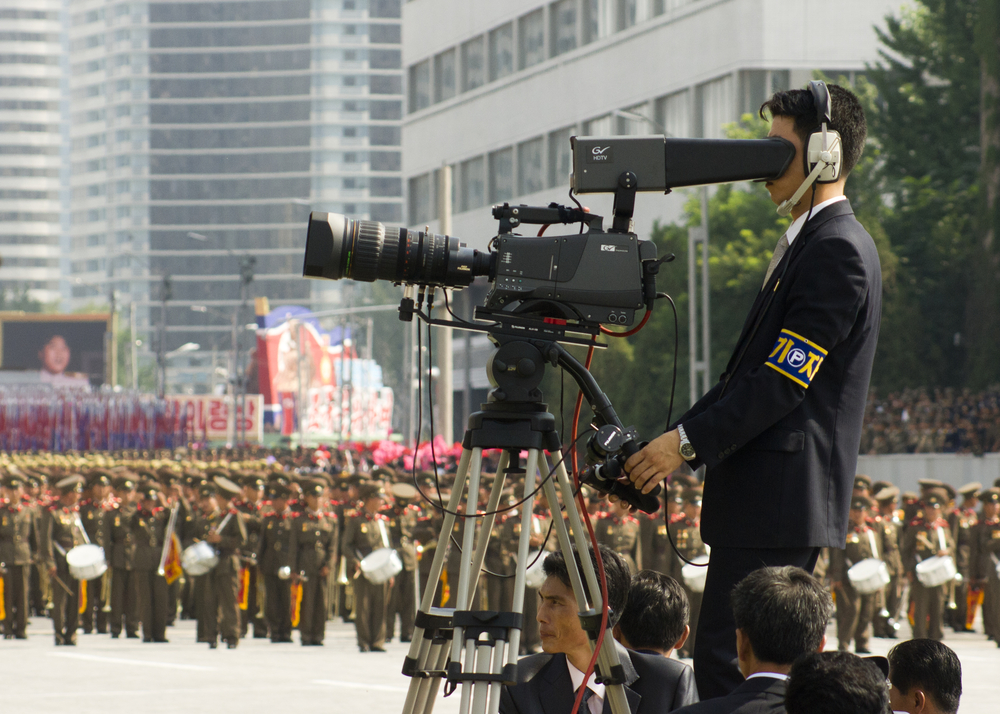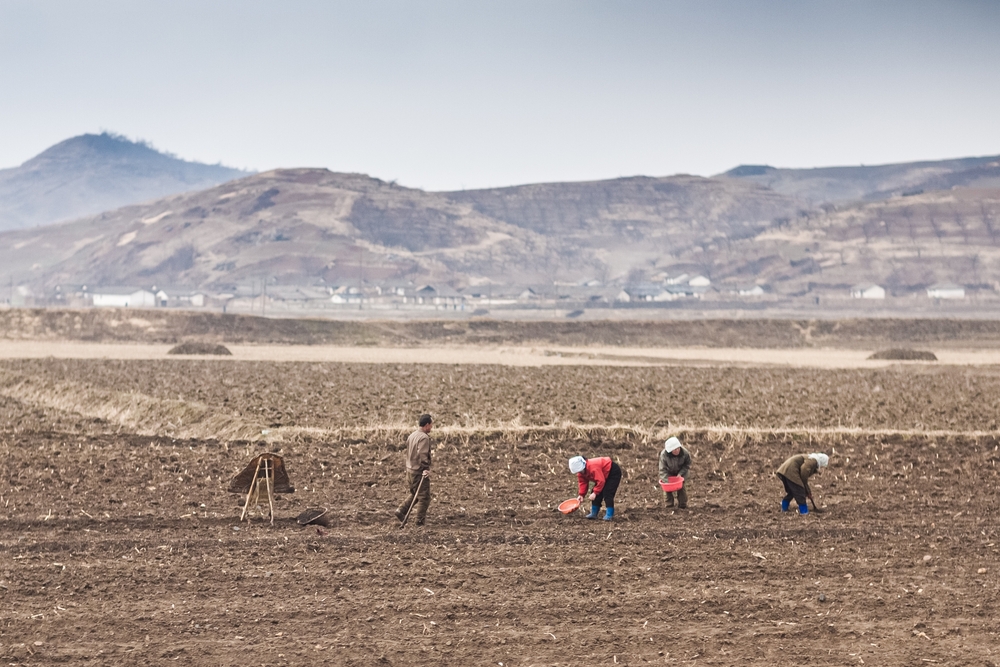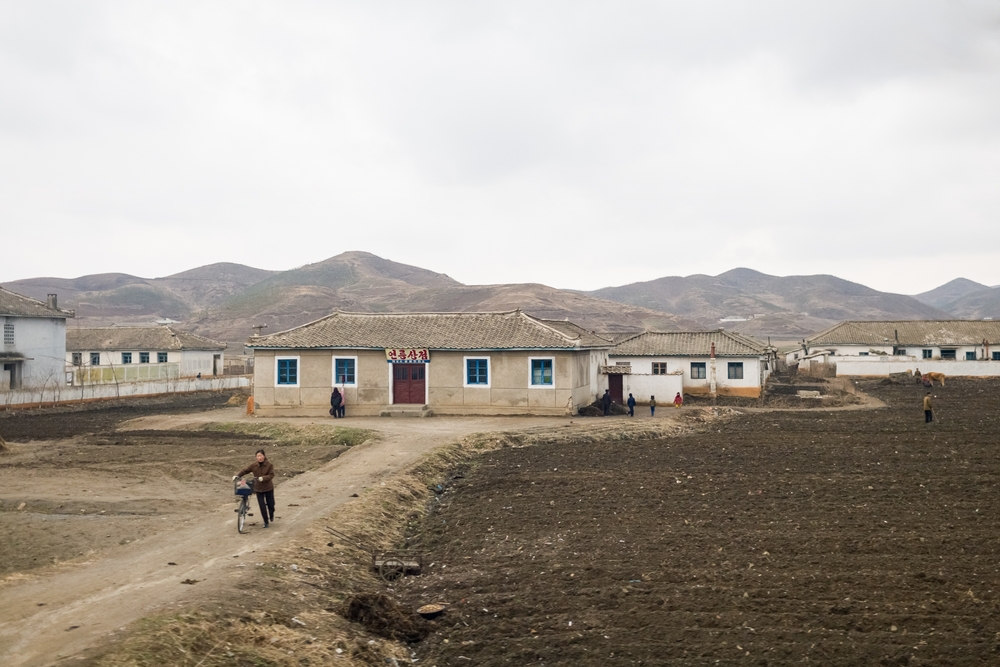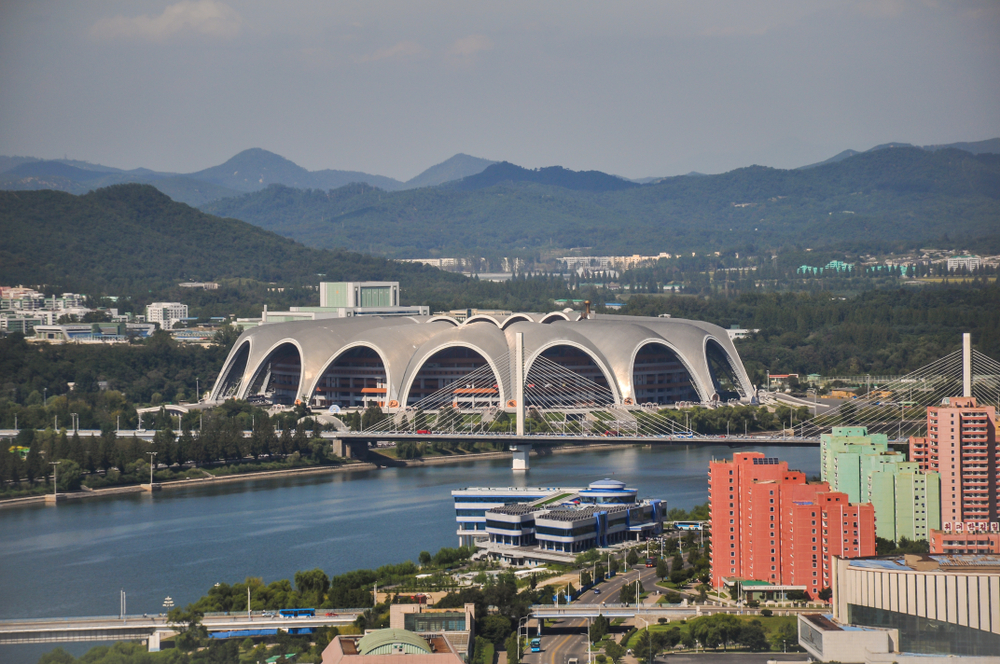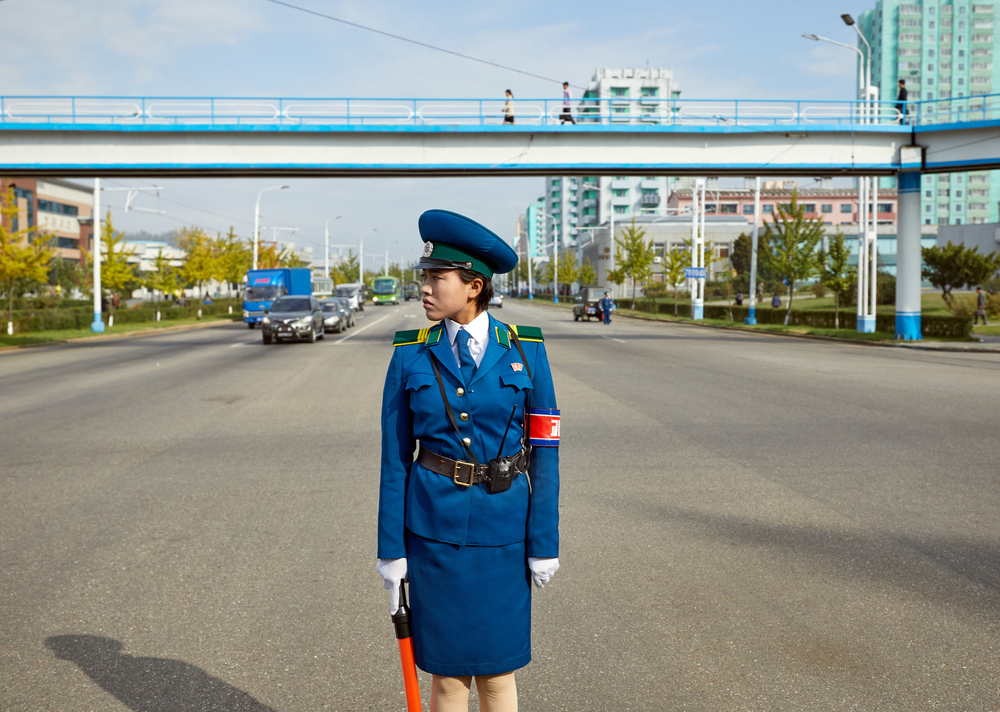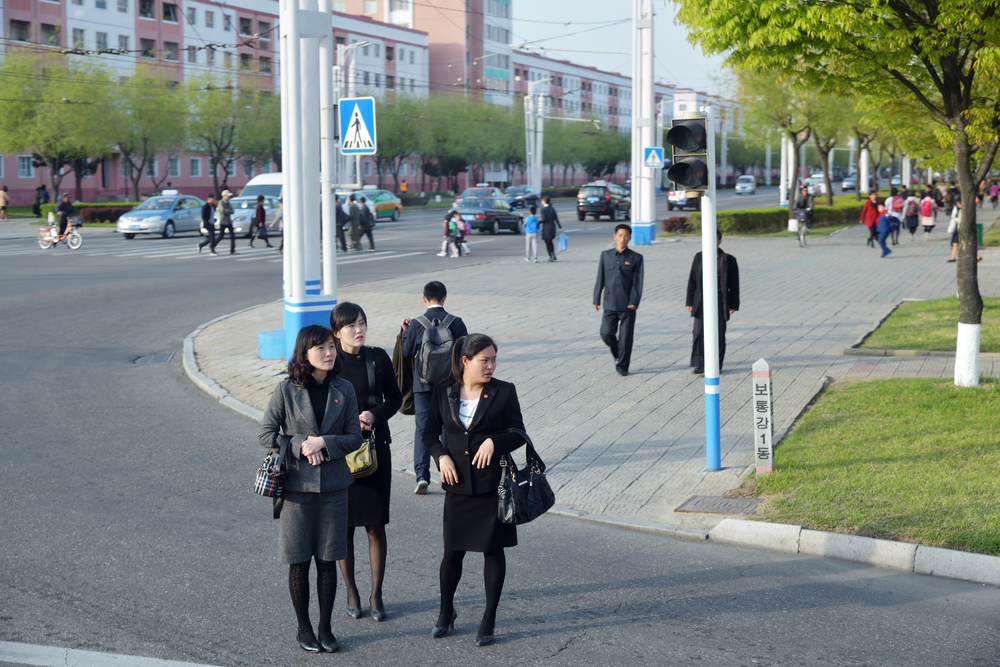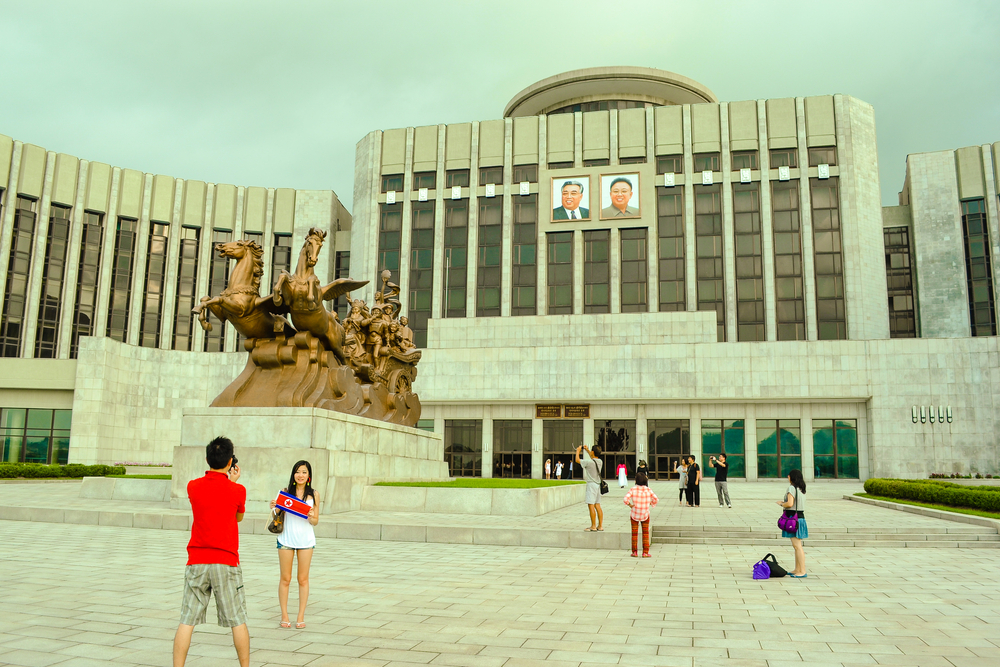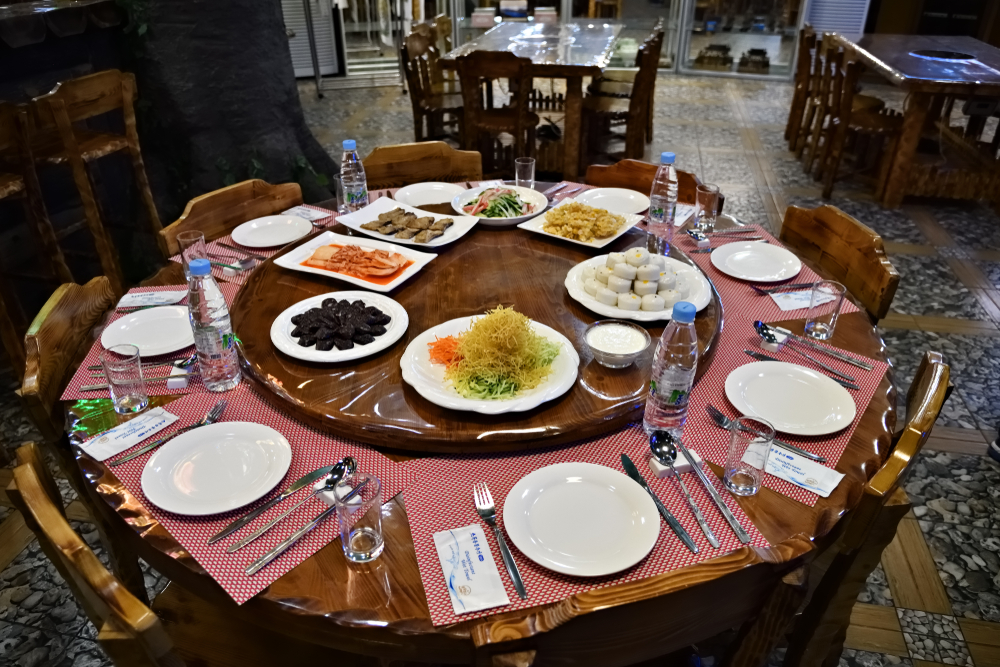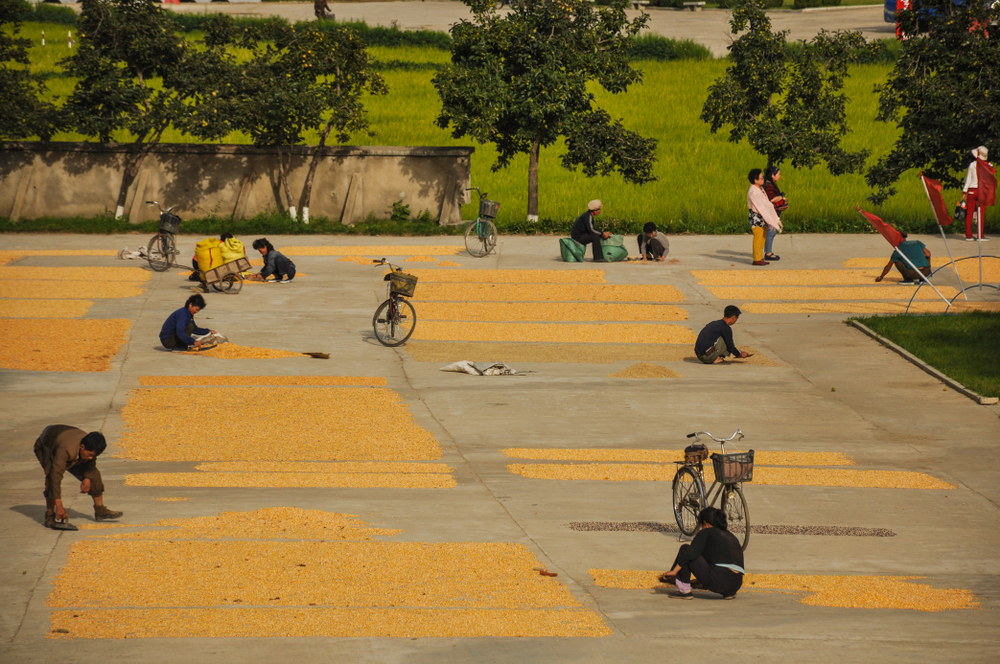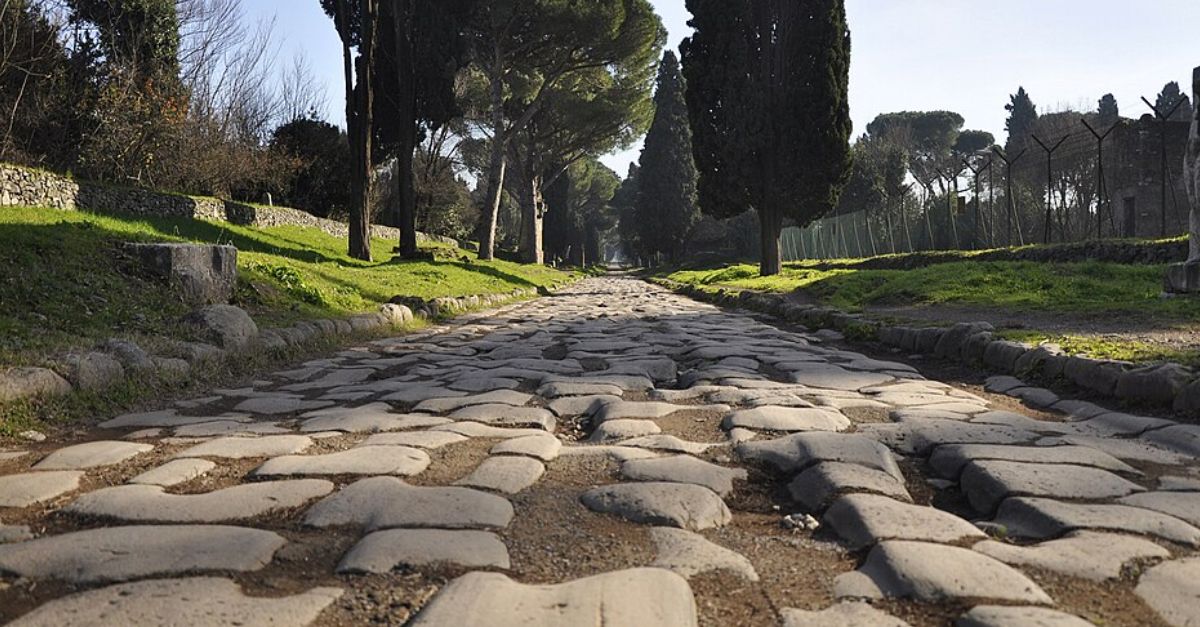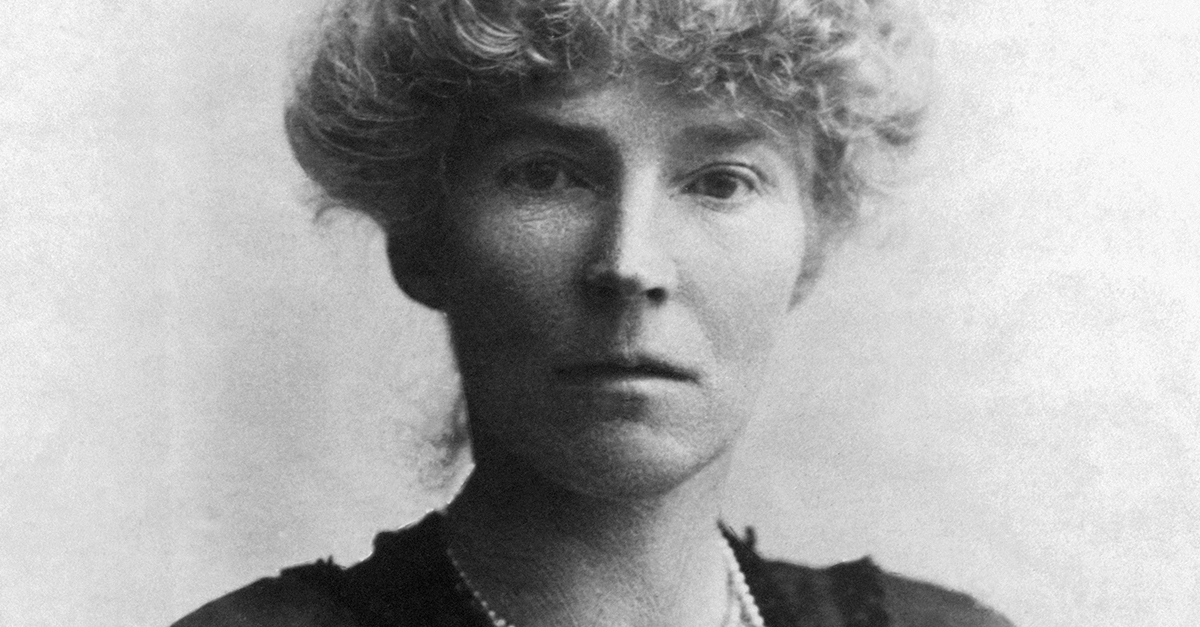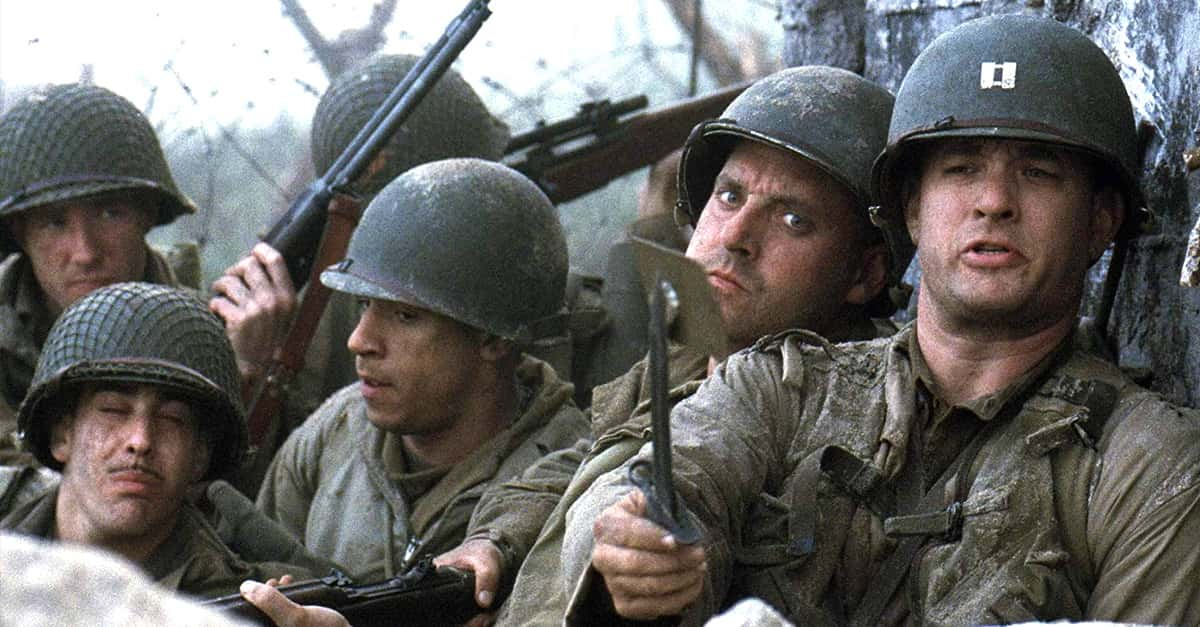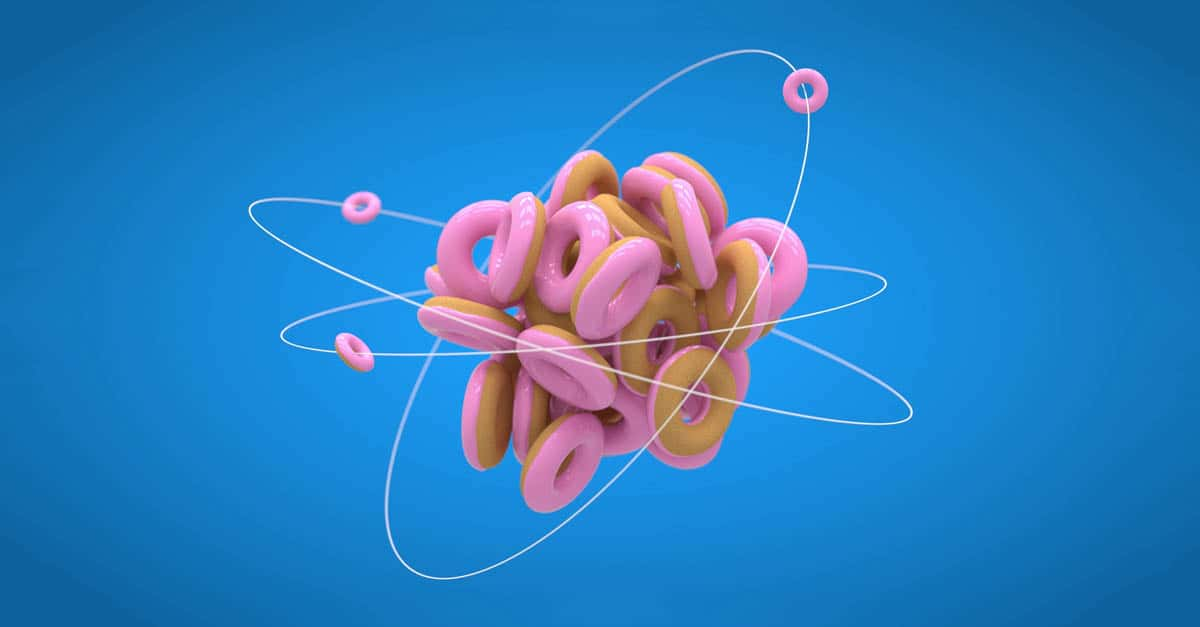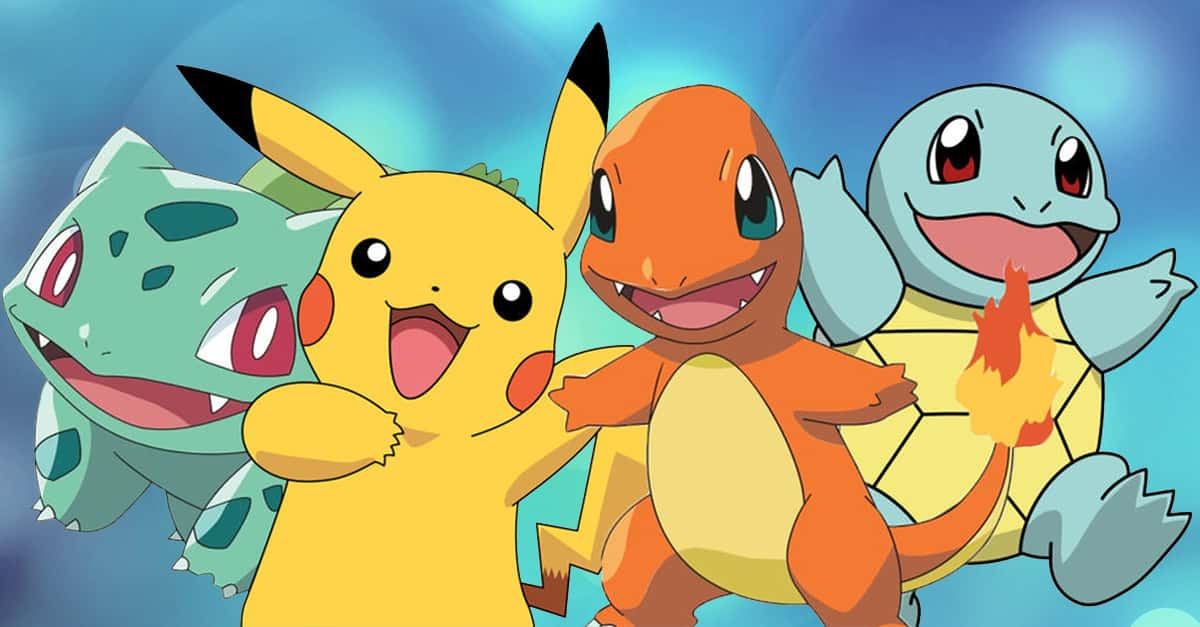A seven-decade rule
The Kim family has ruled North Korea for 70+ years under dictatorship, with Kim Jong Un leading since 2011.
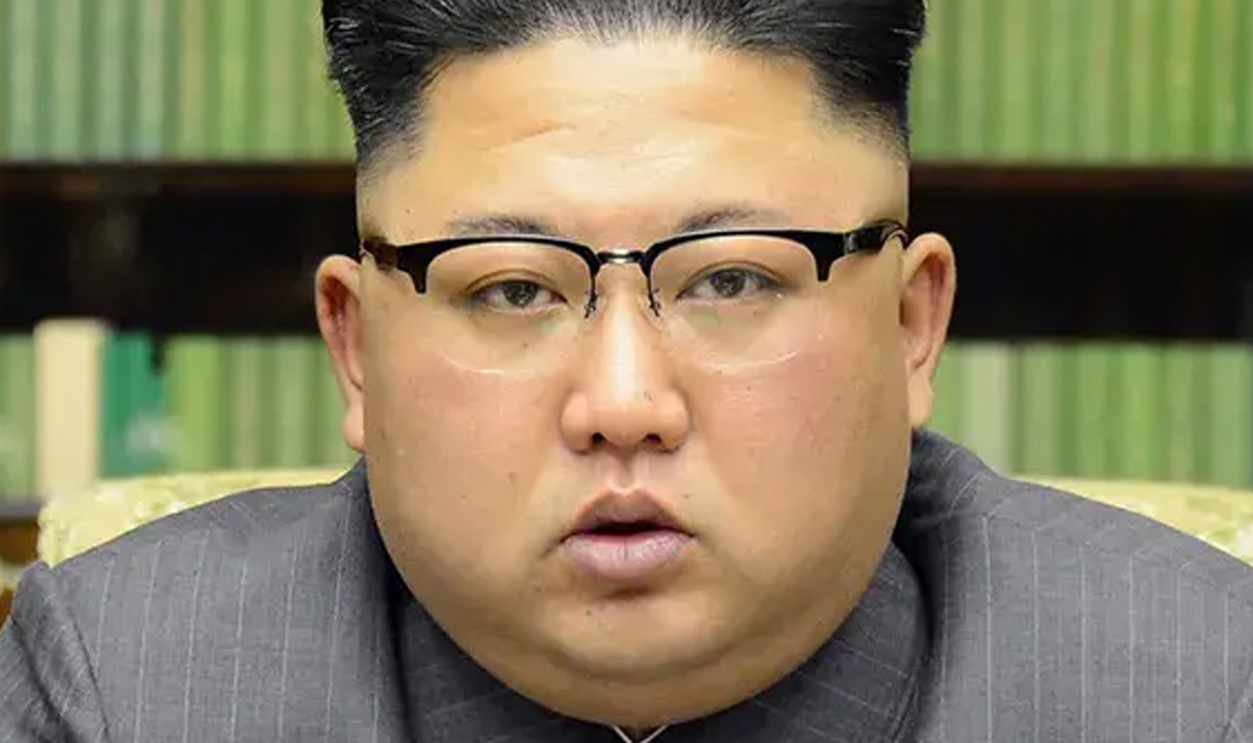
North Korean calendar
The Juche calendar in North Korea starts on April 15, 1912, which is the birthday of Kim Il-sung, the country's founder. This means that they follow time different from the rest of the world.
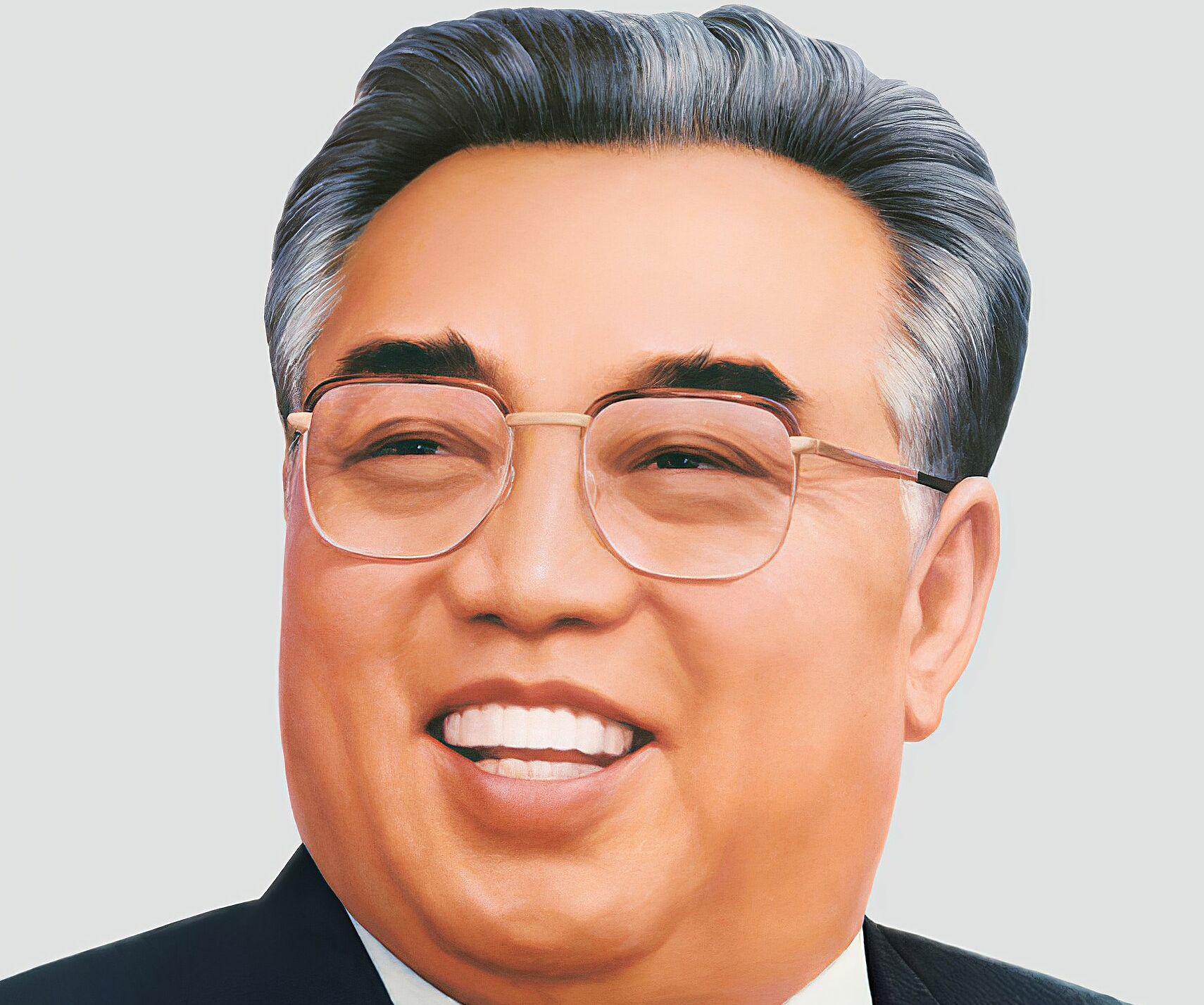 Jesse Charlie, Wikimedia Commons
Jesse Charlie, Wikimedia Commons
Isolated from the rest of the world
North Korea is one of the most isolated nations in the world, with limited trade, diplomatic relations, and strict surveillance of its citizens.
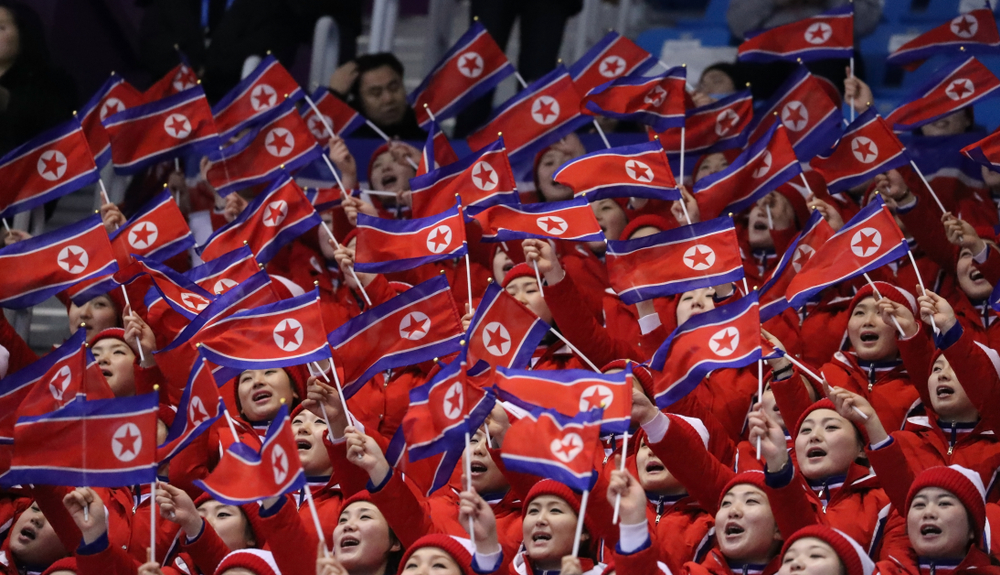 Leonard Zhukovsky, Shutterstock
Leonard Zhukovsky, Shutterstock
Limited internet access
Access to the internet in North Korea is highly limited. Most citizens cannot go online; only government-approved websites are accessible.
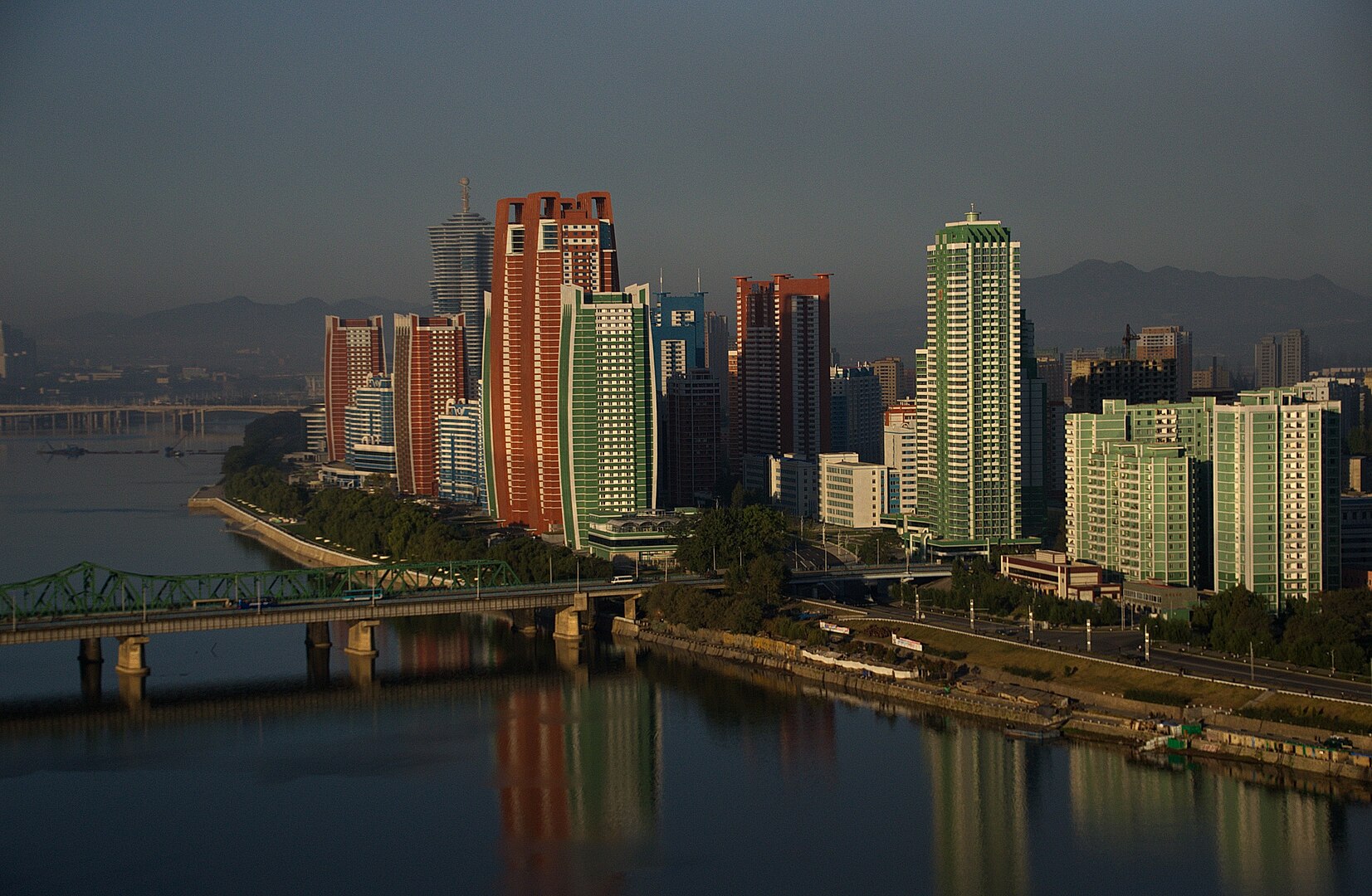 Uwe Brodrecht, CC BY-SA 2.0, Wikimedia Commons
Uwe Brodrecht, CC BY-SA 2.0, Wikimedia Commons
The Intranet
The government controls "Kwangmyong," a limited network with only 28 websites mainly for propaganda.
Buying a laptop
Getting computers in North Korea is expensive and difficult as government authorization is required before purchase.
A big focus on the military
North Korea has a strong military presence. It boasts one of the world's largest armies, consisting of approximately 1.2 million active military members.
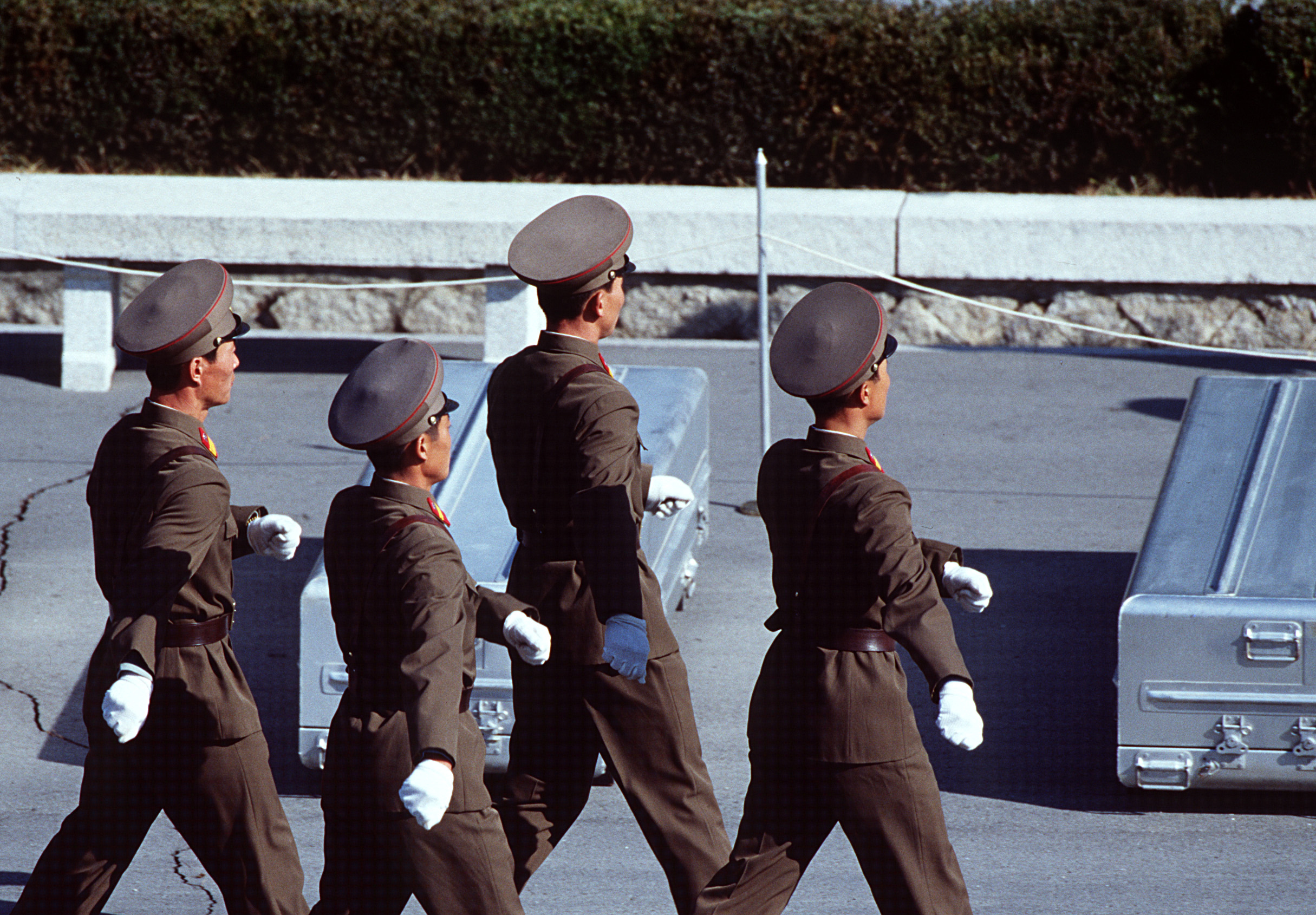 TSGT JAMES MOSSMAN, Wikimedia Commons
TSGT JAMES MOSSMAN, Wikimedia Commons
Images of a luxurious life
Life is not all dreary in North Korea. some luxuries like skiing at a resort and rollerblading are current trends among wealthy North Koreans, with a rise in sports and leisure since Kim Jong-Un's rule in 2011.
Media manipulation
North Korea's government strictly controls all media, prohibiting citizens from accessing foreign news sources.
North Korean television
North Korea's government controls only three TV channels, and the state-run KCNA spreads propaganda through them. TVs are also preprogrammed to government channels.
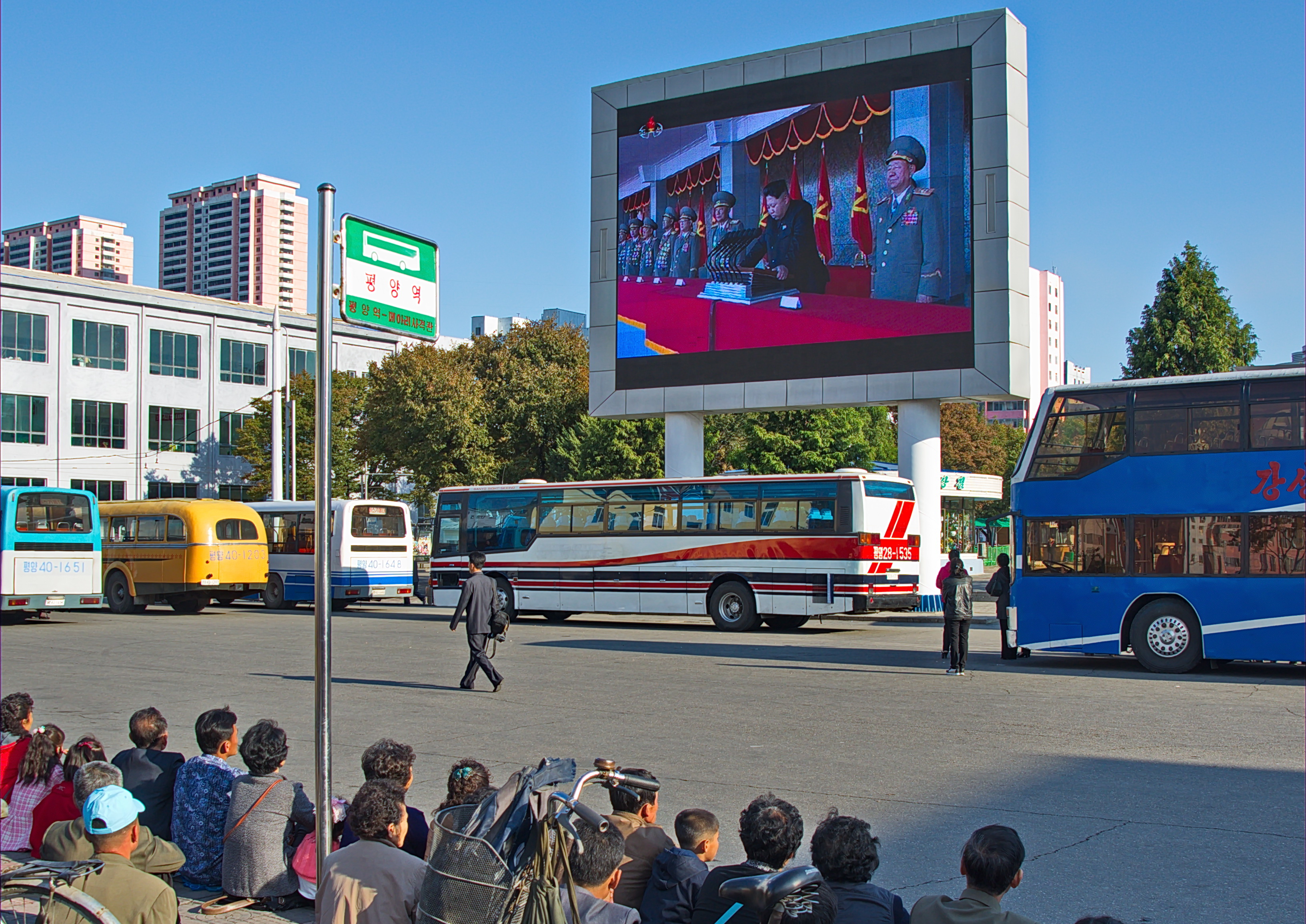 Uwe Brodrecht, CC BY-SA 2.0, Wikimedia Commons
Uwe Brodrecht, CC BY-SA 2.0, Wikimedia Commons
No K-Pop allowed
North Korea warns against South Korean culture like clothing, movies, and music. Kim Jong-un blames K-Pop for having a negative influence on youth. Public executions have been carried out for citizens caught watching K-pop.
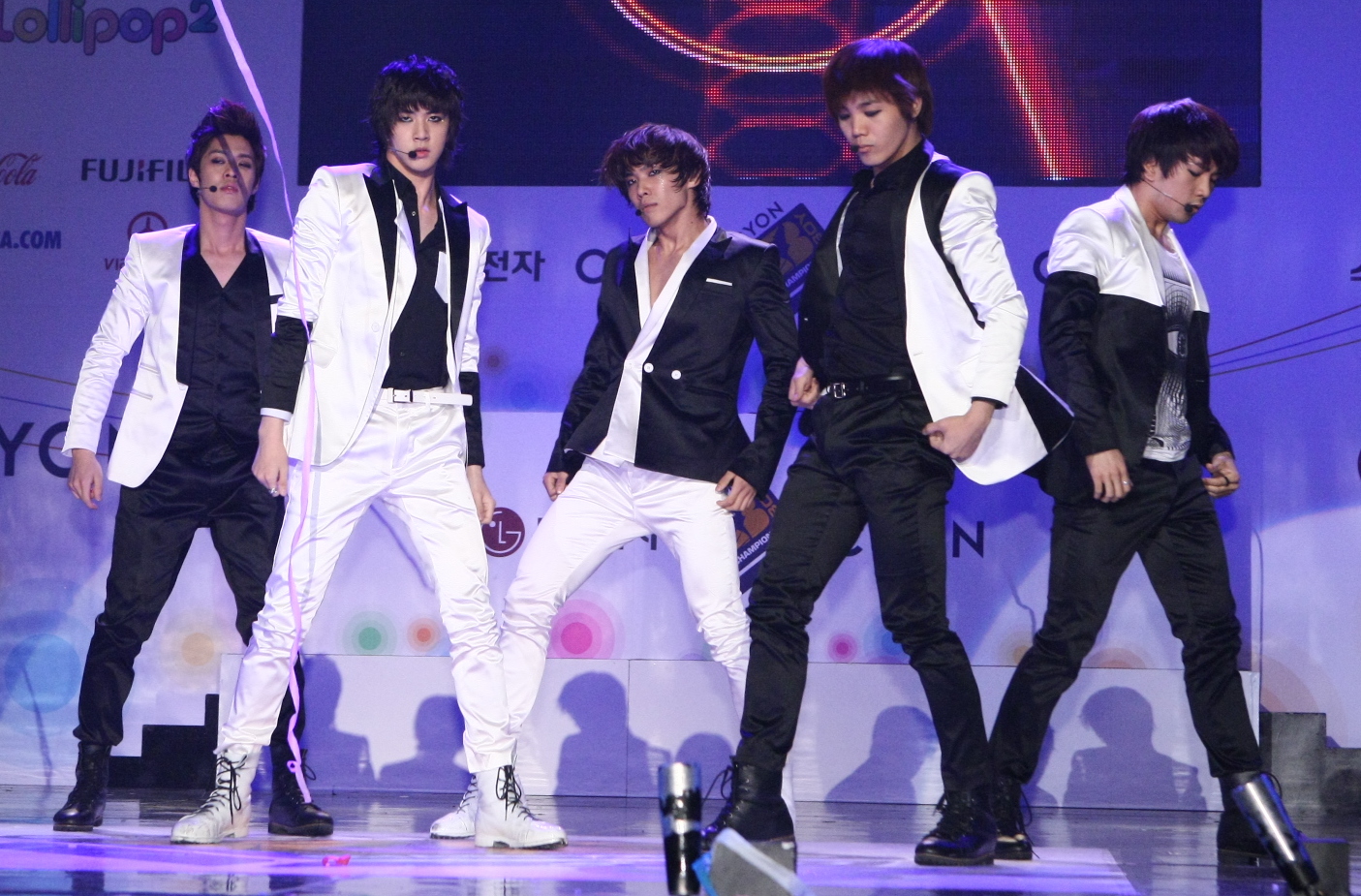 LGjeonja, CC BY 2.0, Wikimedia Commons
LGjeonja, CC BY 2.0, Wikimedia Commons
Music is limited
Kim Jong-un banned unauthorized songs on cassette tapes and CDs in 2015 to prevent rebellion. Only state-approved songs supporting political values are allowed.
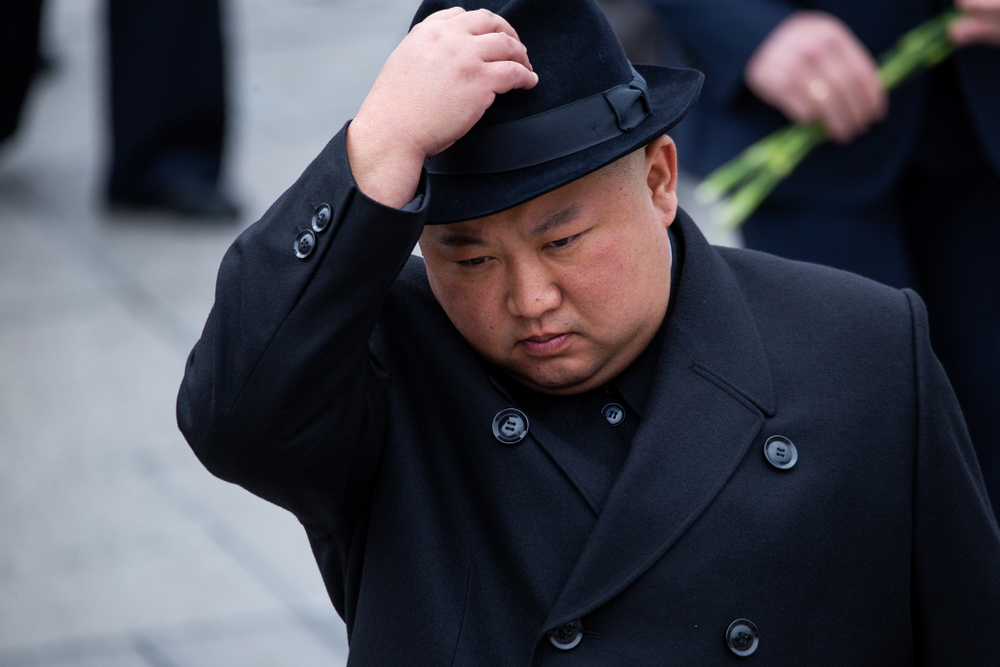 Alexander Khitrov, Shutterstock
Alexander Khitrov, Shutterstock
Even haircuts are controlled
Government-approved hairstyles for women are limited to 15 options, with single women mandated to have short hair. Men also have 15 hairstyle choices but risk arrest if they try something different.
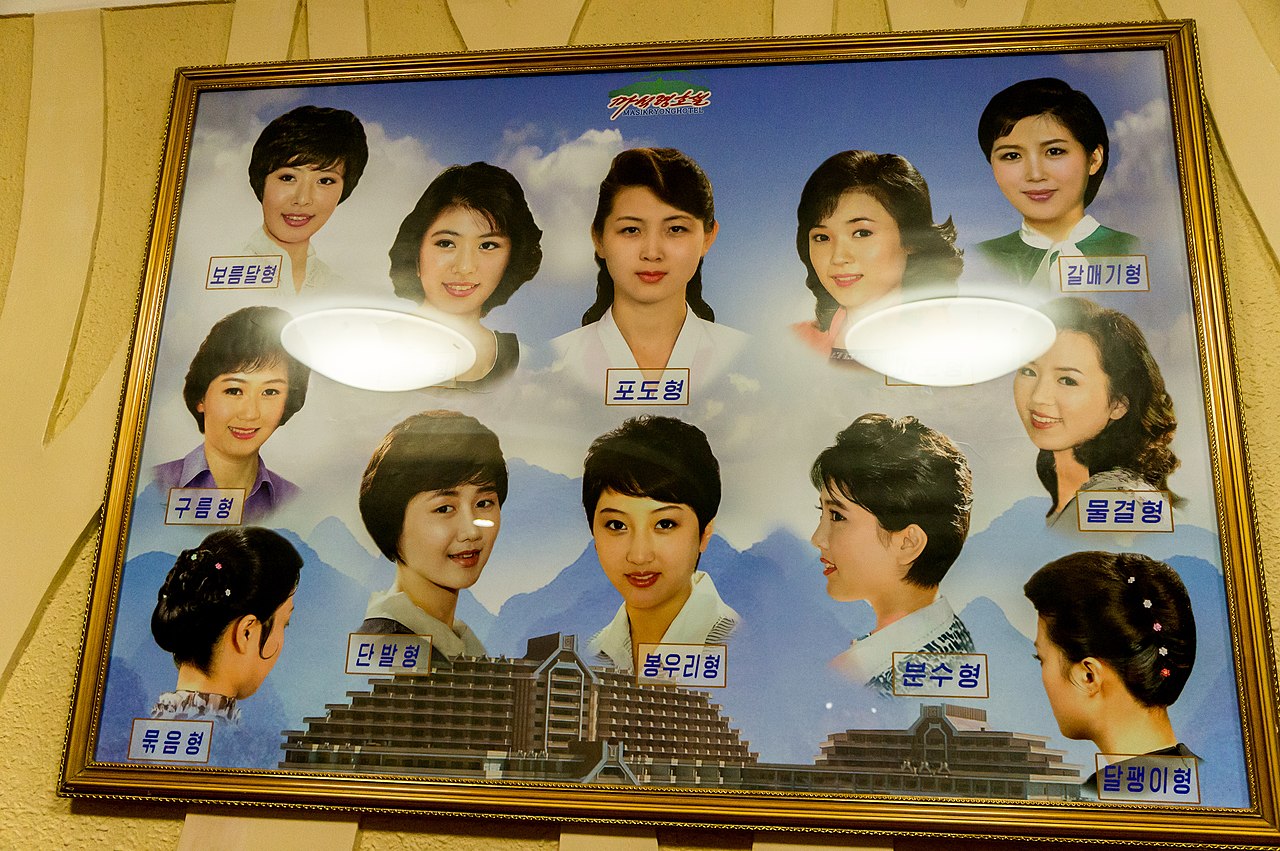 Mario Micklisch, CC BY 2.0, Wikimedia Commons
Mario Micklisch, CC BY 2.0, Wikimedia Commons
A local volcano could erupt
Increased activity at Mount Paektu has sparked a global initiative to explore its inner workings. A thousand years ago, the volcano erupted violently, with ash reaching Japan. Today, not much is known about the volcano.
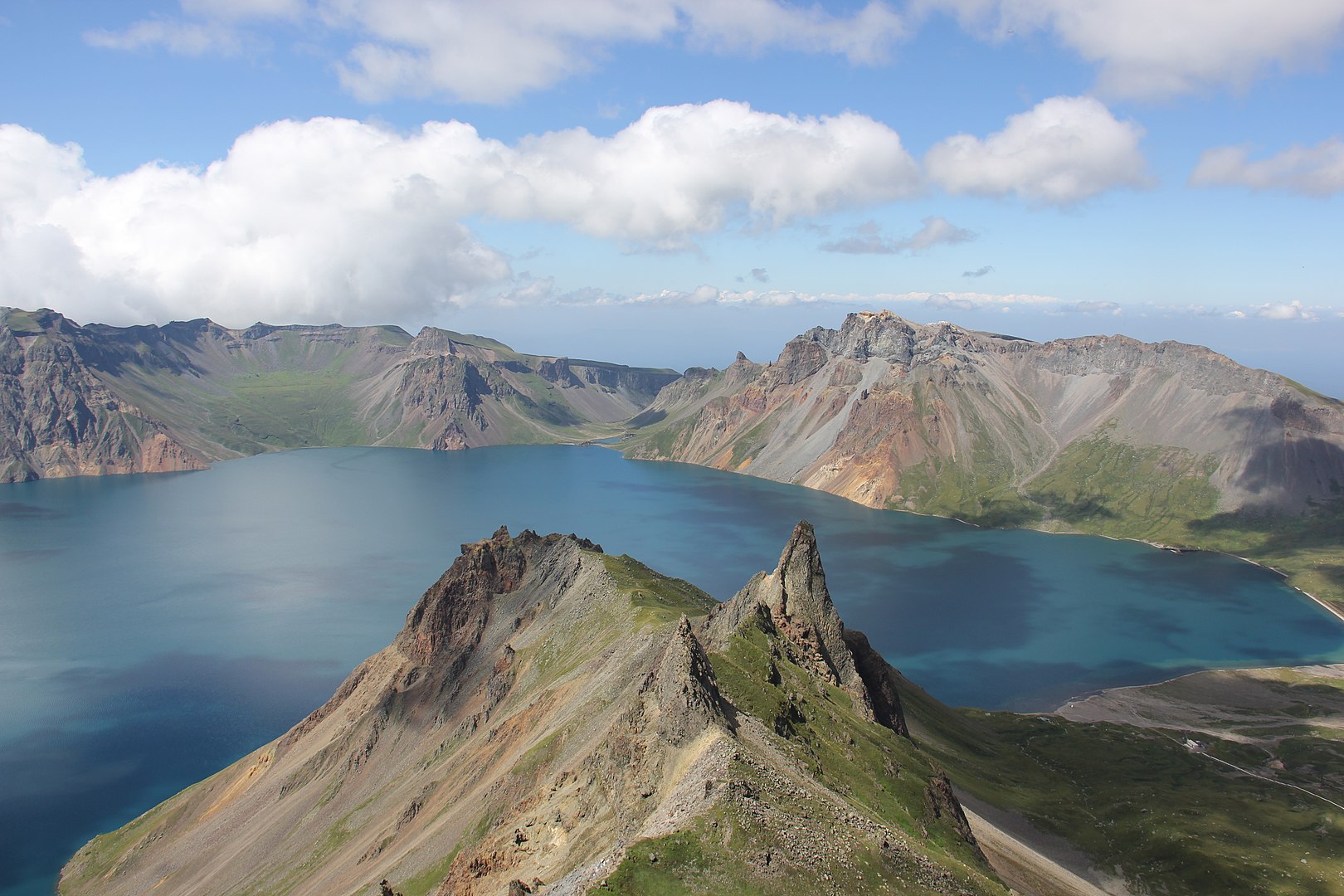 Laika, CC BY-SA 2.0, Wikimedia Commons
Laika, CC BY-SA 2.0, Wikimedia Commons
Blatant disregard for human rights
North Korea is rife with human rights violations, including political prisons, forced labor, torture, and limited freedoms.
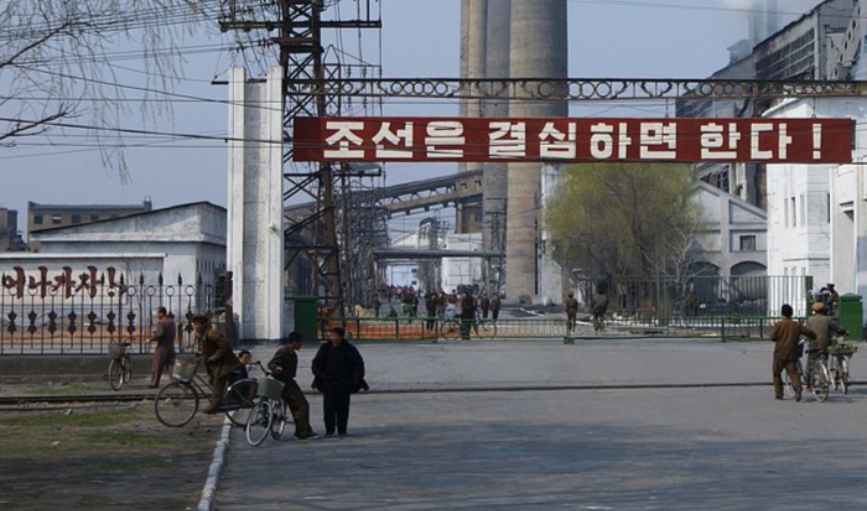 Joseph Ferris III, CC BY 2.0, Wikimedia Commons
Joseph Ferris III, CC BY 2.0, Wikimedia Commons
Three Generations of Punishment
In North Korea, accused political dissidents' families suffer under the "Three Generations of Punishment" policy. If one member is convicted, parents, children, and grandchildren could also be imprisoned or sent to labor camps.
An impoverished nation
North Korea is one of the poorest countries globally, with a centrally controlled economy and limited trade, causing poverty.
Kim's portraits
Portraits of leaders Kim Il-sung and Kim Jong-il must be displayed in every household. Regular checks are done to ensure the portraits are well-maintained. During a fire, you must save the portraits first before any family.
 (stephan), CC BY-SA 2.0, Wikimedia Commons
(stephan), CC BY-SA 2.0, Wikimedia Commons
Pyongyang is a beautiful city
Pyongyang, North Korea's largest city, is filled with picturesque sights, from pastel-covered buildings by a coursing river to many historic sights.
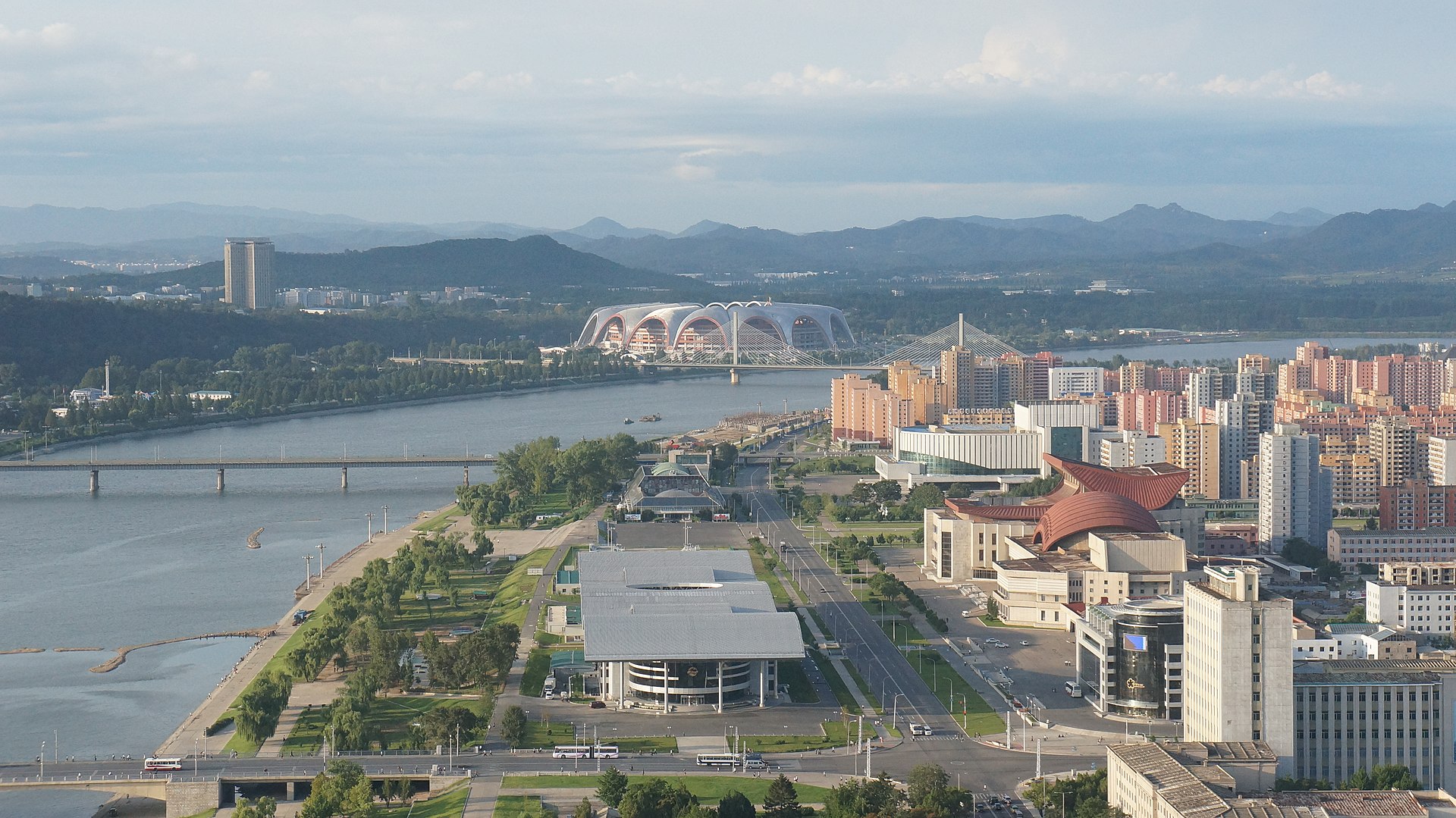 Uri Tours (uritours.com), CC BY-SA 2.0, Wikimedia Commons
Uri Tours (uritours.com), CC BY-SA 2.0, Wikimedia Commons
The tallest building is a hotel
The Ryugyong Hotel, known as "the hotel of doom," stands as the tallest unoccupied building globally in Pyongyang. The 105-floor building with a rotating restaurant remains non-operational.
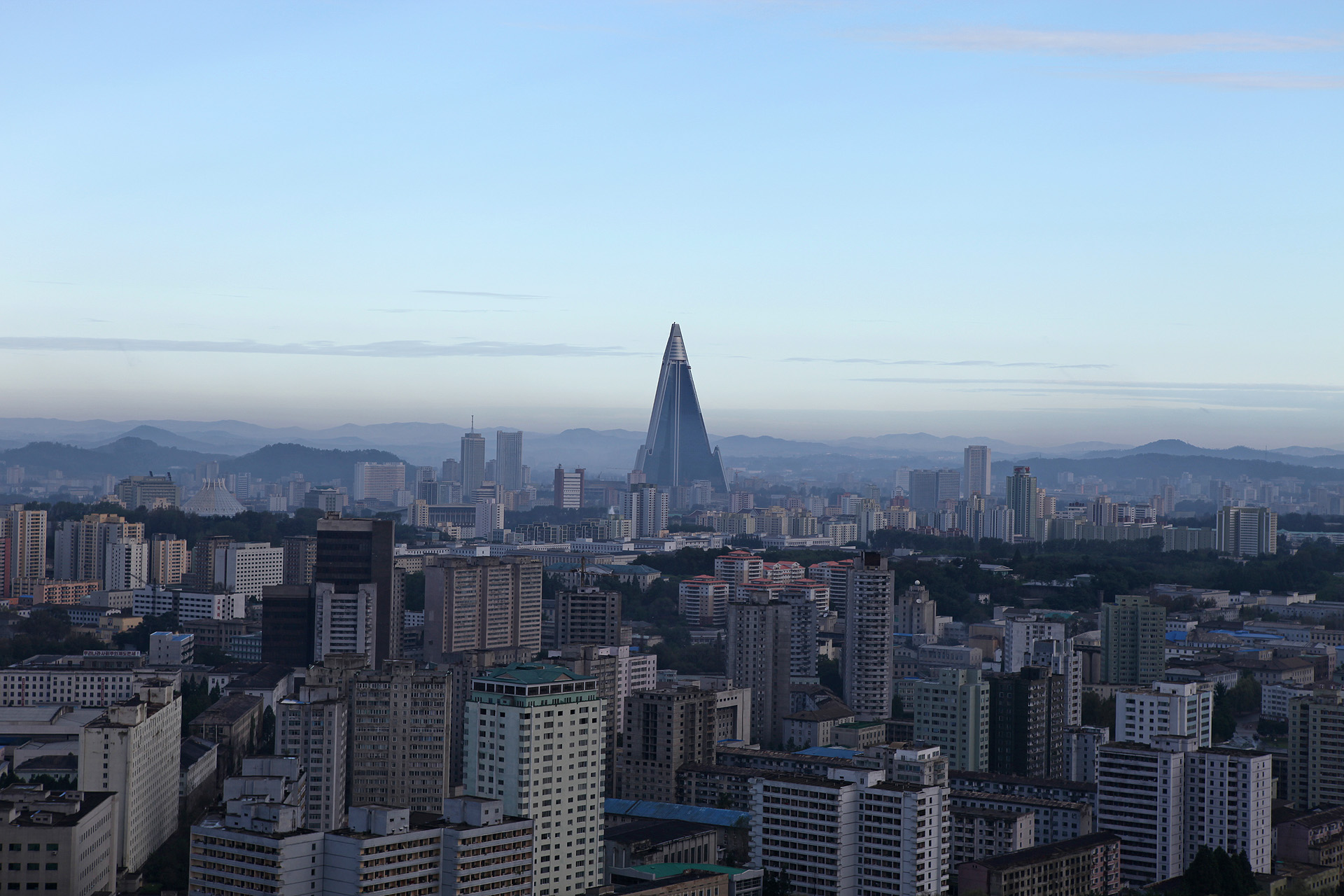 Roman Harak, CC BY-SA 2.0, Wikimedia Commons
Roman Harak, CC BY-SA 2.0, Wikimedia Commons
Arc de Triomphe dupe
North Korea's Arc de Triomphe replica was built in 1982 to honor Korean resistance against Japan during 1925-1945. It is the world's second tallest triumphal arch after Mexico's Monumento a la Revolución.
The world's largest stadium
Constructed in 1989 and renovated in 2014, the May Day Stadium has a capacity for 150,000 individuals. The design was inspired by the shape of a magnolia flower.
North Korean basketball
North Korean basketball is segregated and has unique rules. Kim Jong-un disapproves of the original style and changed it. Slam dunks count as three points and last-minute field goals are worth eight points.
Girls control the traffic on roads
Traffic control in Pyongyang is done by uniformed "traffic girls" using coordinated gestures instead of traffic lights.
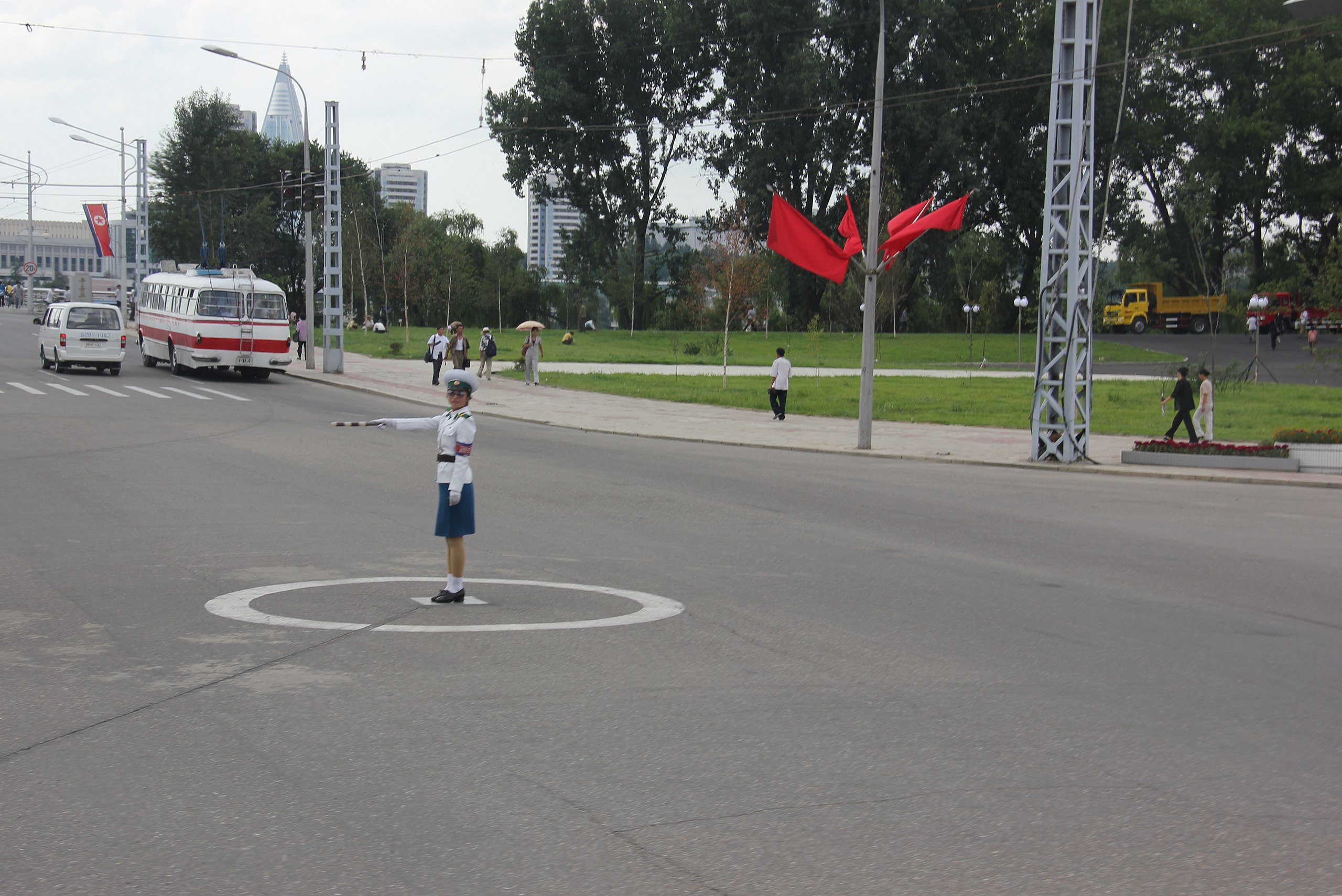 Laika, CC BY-SA 2.0, Wikimedia Commons
Laika, CC BY-SA 2.0, Wikimedia Commons
Jobs as traffic girls are highly desired
Being a traffic girl is a coveted job for women. Candidates are chosen for being tall and attractive. There is even a website dedicated to female traffic directors in Pyongyang, the capital.
Intricate subways
After the government opened all 17 subway stops to tourists, it became clear that Pyongyang had a more extensive underground transit system than previously thought.
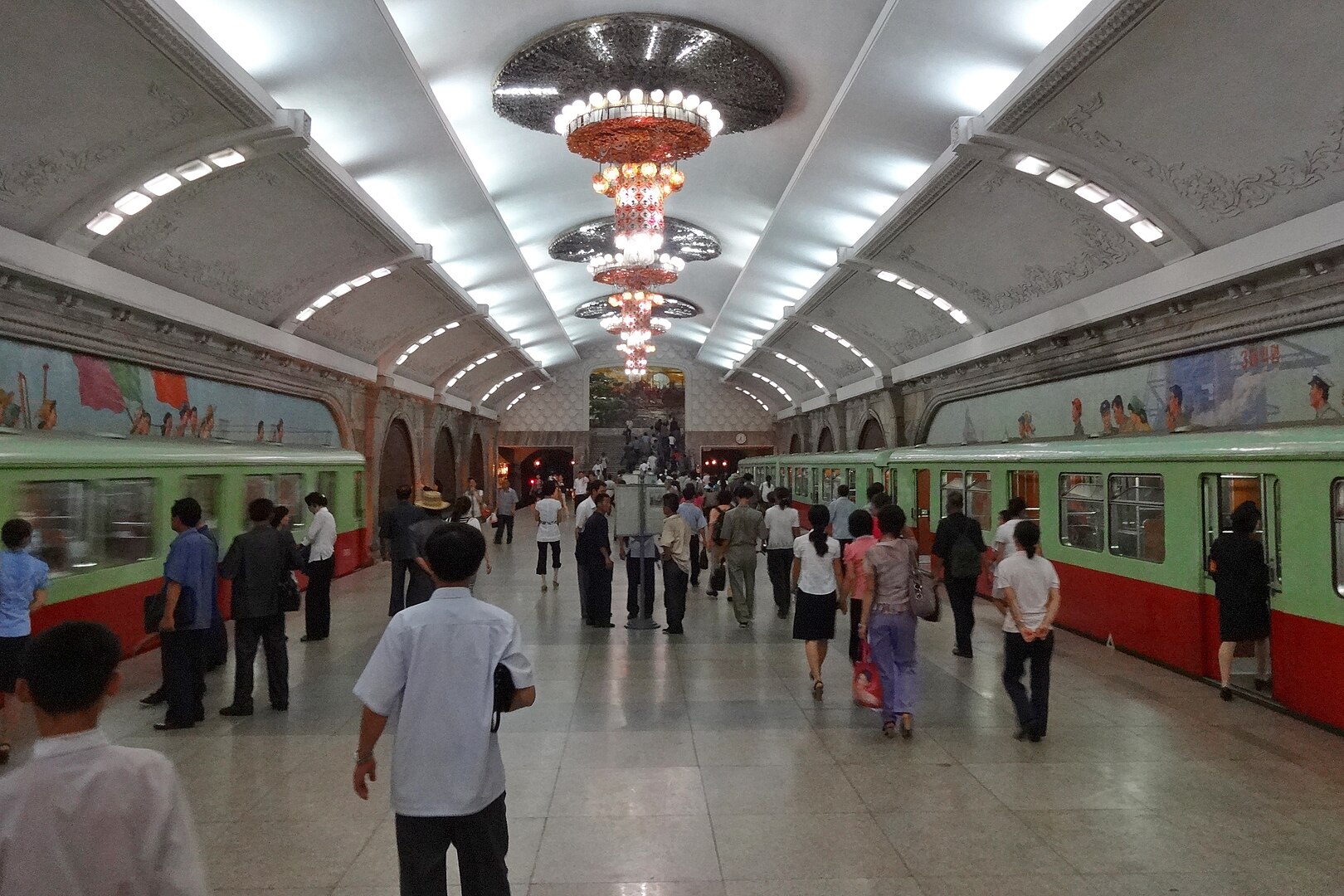 Roman Bansen, CC BY-SA 3.0, Wikimedia Commons
Roman Bansen, CC BY-SA 3.0, Wikimedia Commons
The underground is also a bomb shelter
Pyongyang's subway is 360 feet deep, among world's deepest. Stations double as bomb shelters, with strong blast door-secured hallways.
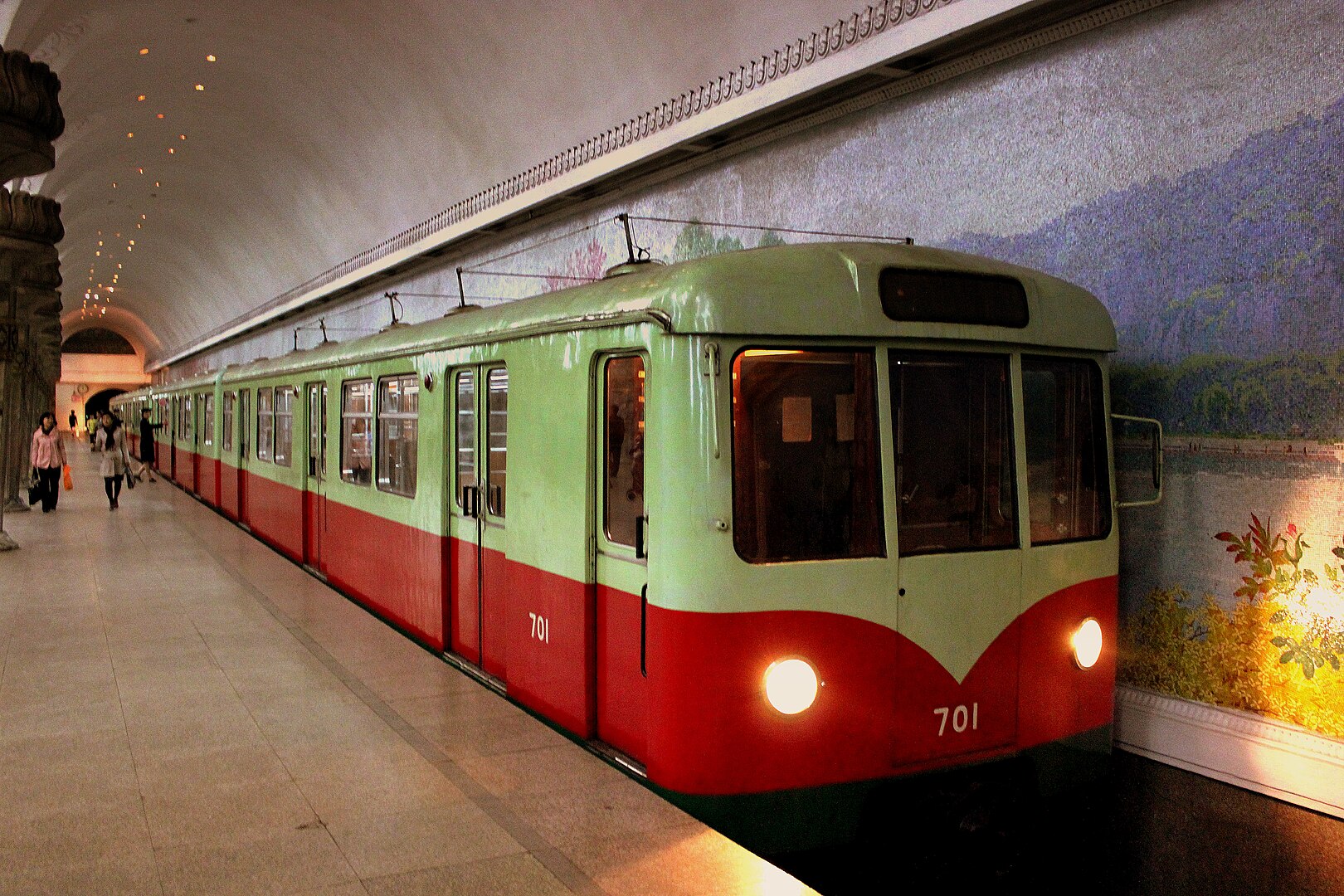 calflier001, CC BY-SA 2.0, Wikimedia Commons
calflier001, CC BY-SA 2.0, Wikimedia Commons
Blue jeans prohibition
Blue jeans are strictly banned in North Korea. According to some sources, they are considered symbols of American capitalism.
Permission to travel
North Korean citizens need government permission to travel abroad, while foreign tourists are closely monitored and restricted.
Love for nuclear
North Korea has an extensive nuclear weapons program. The government has conducted tests despite sanctions and faced international repercussions.
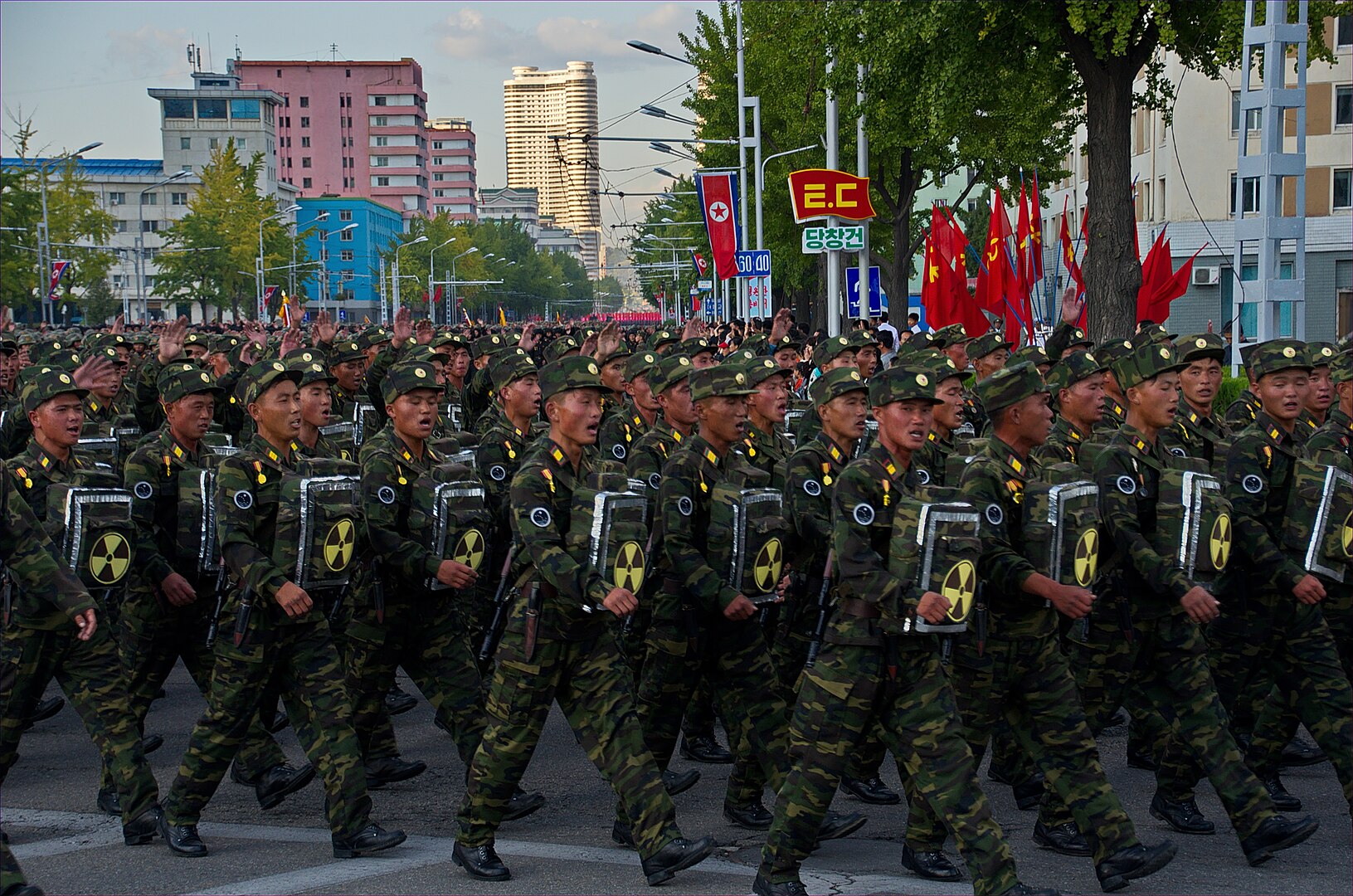 Uwe Brodrecht, CC BY-SA 2.0, Wikimedia Commons
Uwe Brodrecht, CC BY-SA 2.0, Wikimedia Commons
Food rationing
In North Korea, food shortages persist, managed through the Public Distribution System. Monthly supplies, like rice and corn, are provided to residents, but malnutrition is widespread, especially in rural areas.
Foreign aid is necessary
North Korea relies on foreign aid for food due to poverty, leading to widespread malnutrition and health problems.

